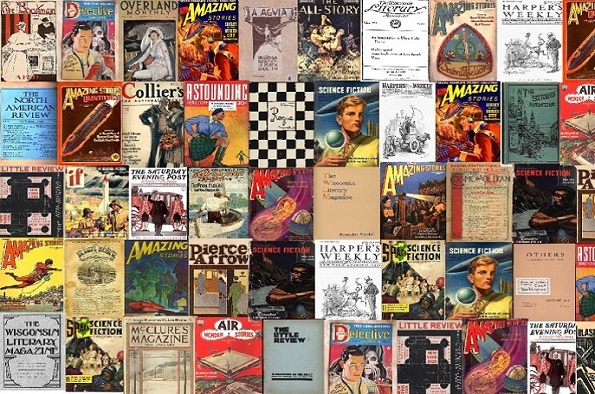
Editing the 20th Century
- Professor Matthew Philpotts
- Admission: General Admission is £30. Please register for the event here.
Add this event to my calendar
Click on "Create a calendar file" and your browser will download a .ics file for this event.
Microsoft Outlook: Download the file, double-click it to open it in Outlook, then click on "Save & Close" to save it to your calendar. If that doesn't work go into Outlook, click on the File tab, then on Open & Export, then Open Calendar. Select your .ics file then click on "Save & Close".
Google Calendar: download the file, then go into your calendar. On the left where it says "Other calendars" click on the arrow icon and then click on Import calendar. Click on Browse and select the .ics file, then click on Import.
Apple Calendar: The file may open automatically with an option to save it to your calendar. If not, download the file, then you can either drag it to Calendar or import the file by going to File >Import > Import and choosing the .ics file.
What do editors actually do? What makes a good editor? And more importantly, what makes a successful editor? From the Times Literary Supplement to Les Temps Modernes and Novyi Mir, from The Criterion to Die neue Rundschau and Spare Rib, there can be no doubting the influence of literary-intellectual magazines in selecting and shaping our cultural knowledge, our beliefs and values.
But we still know surprisingly little about how these crucial cultural institutions were led and managed and even how day-to-day editorial duties were undertaken in practice. Above all, we lack any kind of comparative perspective on the role of the periodical editor, both across national and historical boundaries and across different types of publications.
As part of the British Academy funded project, Editing the Twentieth Century, we address these issues during a one-day conference to be held at the British Library on 5 September 2017 exploring the key role played by the editors of periodical publications throughout the long twentieth century.
View the full conference programme here.
